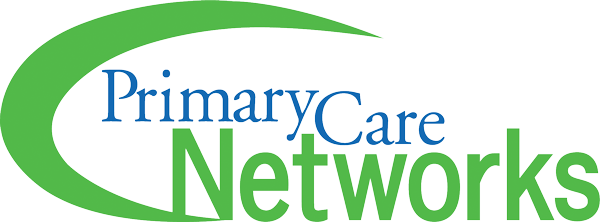National Breastfeeding Week
Breastfeeding is a personal choice – not all parents will choose or be able to breastfeed for a variety of reasons. For those who are struggling or need additional support, Primary Care Networks (PCNs) can help.
October 1-7 is National Breastfeeding Week, a global campaign which raises awareness for the health benefits of breastfeeding.
The benefits of breastfeeding
Alberta Health Services says breast milk can provide babies with vitamins and minerals for optimal growth and development. It also has the needed proteins, fats and other substances for growth. When possible, experts recommend breastfeeding your baby during the first six months of life and advise parents continue to breastfeed for up to two years or more.
Here are five benefits of breastfeeding, as shared by Dr. Brian Hartman, an International Board Certified Lactation Consultant and PCN clinician:
- Babies receive antibodies and immunities from breast milk.
- Breast milk decreases the likelihood of illnesses like asthma, diabetes and ear infections for the baby.
- Breast milk decreases the likelihood of illnesses — like cancer, diabetes and high blood pressure — for the breastfeeding parent.
- Breastfeeding reduces the amount of post-partum bleeding the parent may experience.
- Breastfeeding stimulates the release of oxytocin, which increases the bond between parent and baby.

Get support: addressing concerns and uncertainty
When it comes to breastfeeding – especially for new parents – there may be uncertainty around expectations and what is best for both parent and child.
“There is no one-size-fits-all solution to breastfeeding. A lactation consultant can tailor care to each patient and help keep the parent from feeling overwhelmed,” says Dr. Hartman, who works at Riley Park Maternity Clinic in Calgary. “Patients don’t need to go at this alone — there is support when and where you need it.”
For parents who cannot or do not want to breastfeed, there are other feeding methods to ensure the health of both parent and baby. Dr. Hartman suggests pursuing alternatives like donor milk, pumping and formula.
PCNs can also connect patients with dietitians, pharmacists, social workers and mental health counsellors to ensure both parent and baby are receiving the right care while on their breastfeeding journey.
“Above all else, I recommend patients be kind to themselves,” says Dr. Hartman. “Parents can feel a lot of guilt, and as medical professionals it is our job to help them get the care they need. There are options, so make sure you talk to your doctor if you are struggling or unsure.”
Prenatal and postnatal care centres and programs provided by PCNs:
Calgary and area:
- Calgary Foothills PCN: Riley Park Maternity Clinic
- Mosaic PCN: Lougheed Maternity Group
Edmonton and area:
- Edmonton West PCN: Low-Risk Maternity Clinic
- Edmonton Southside PCN: Prenatal Booklet
Other PCNs with related programs:
- Drayton Valley PCN: Prenatal Program
- Big Country PCN (Trochu): Low-Risk Prenatal Nurse appointments
- Camrose PCN: Prenatal Clinic
- St. Albert and Sturgeon PCN: Low-Risk Maternity Clinic
- Cold Lake PCN: Prenatal care program
- Rocky Mountain House PCN: Rocky Maternity Program
- McLeod River PCN: Maternity Services
- Wainwright PCN: Prenatal Program
- Peaks to Prairies PCN (Olds): Breastfeeding Clinic
- Northwest PCN: Perinatal Program
Other resources:
- Government of Canada: Breastfeeding your baby
- Alberta Health Services: Breastfeeding
